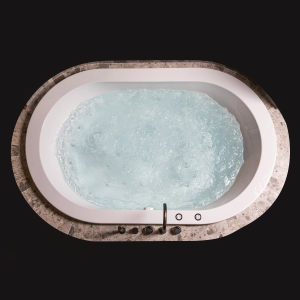
Lubricants in UAE are chemicals that promote flow and reduce friction. The purpose of these chemicals varies from industry to industry, but some common examples include corrosion prevention, anti-foaming agents, and weld line strength. Listed below are some common lubricants and their uses. Read on to learn more. In a nutshell, lubricants are chemicals that reduce friction, prevent wear, and promote flow.
Reduce friction
The force of friction increases when two things rub against each other. You might have noticed that your hands are hot when you shake them after playing with them. Heavy objects like a bicycle exacerbate this force. A simple way to reduce friction is by using pencil rollers or string to change the direction of a sliding motion. Another way is to use ball bearings to lubricate a bicycle axle. These reduce friction because they prevent metal parts from rubbing together, reducing heat.
Reduce wear
Lubricants are essential for machines as they prevent friction and wear. They come in different forms and are classified according to their friction, extreme pressure and wear preventive properties. Many machines use lubricants to prevent friction and wear, including automotive parts, food industry equipment, air compressors, space vehicles and fasteners. Solid lubricants also have many other uses, including high-temperature environments and hydraulic motors for winches and military vehicles. The lubricant’s chemical composition and physical properties were tested using the lubricant in worst-case scenarios.
Promote flow
Many industrial processes involve the use of lubricants. Such lubricants can increase the efficiency of processes and ensure efficient and reliable transportation of heavy oil. Several industrial solutions have been developed to transport heavy oils in pipelines. One of these solutions is to blend crude oil with a lighter hydrocarbon. Another industrial solution is pipeline lubrication. This method involves introducing a thin layer of water around an internal oil core to achieve a two-phase flow regime. Water lubricates the heavy oil, reducing the longitudinal pressure gradient.
Reduce weld line strength
Using lubricants for weld lines can help improve strength, but there are some precautions you should take before you do so. First, check the composition of the lubricants. It should be free of any chemical or fatty substances. If there are any, choose those that are petroleum-based or synthetic. Using these lubricants may increase the weld line’s tensile strength.



